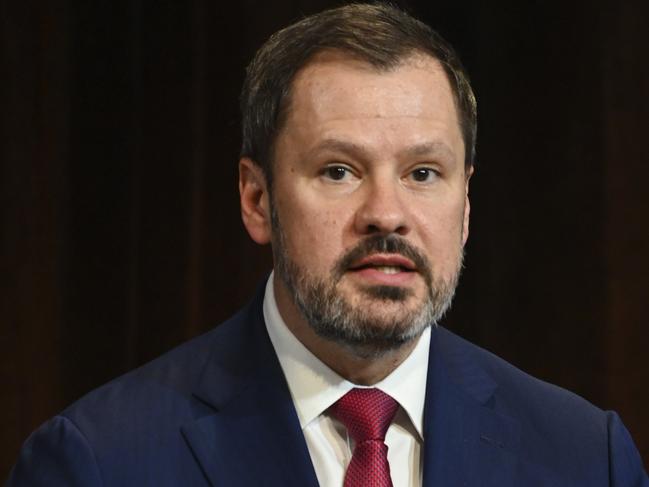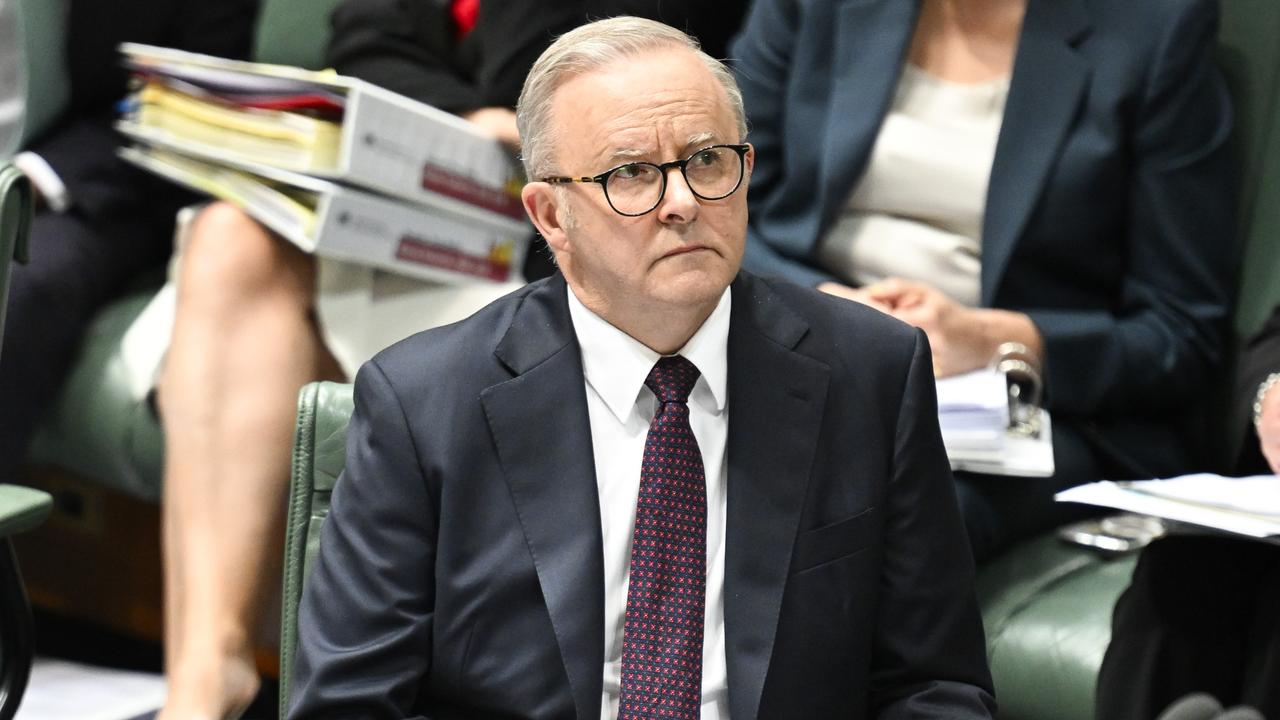Tech and legal experts say Albanese government shouldn’t create a stand-alone Artificial Intelligence Act
As well as a new AI advisory body, the government will review regulation and legislation and determine where there are gaps.

The Albanese government is being urged to align its approach on artificial intelligence with major trading partners the US and UK as it prepares to unveil plans to strengthen domestic rules around its safety and use.
Industry and Science Minister Ed Husic will this week release the government’s response to a consultation paper released mid-last year on “safe and responsible” AI in Australia, with a new advisory body made up of policy and industry experts, academics and consumer rights advocates.
The group will advise the government on what legislation for high-risk AI – which negatively affects a person’s safety or fundamental rights – might look like, including in healthcare and law enforcement.

The Australian understands the government will also review existing legislation and regulation that captures AI and determine where there are gaps, as well as look to international standards.
“I want to bring the best brains on AI in the country together to form this advisory body,” Mr Husic told The Australian.
“The full response (to the consultation process) will unveil a suite of measures so we can get cracking on ensuring AI is developed safely and responsibly.”
Key stakeholders, including the Tech Council of Australia and Law Council of Australia, have been pushing the government to set up a taskforce to provide advice on emerging technologies, while warning against following the path of the EU by developing a stand-alone AI act.
“How the UK has done it is the gold standard model,” tech council chief executive Kate Pounder said.
“The UK model of going out to those regulators and saying ‘where do you think AI technology will be relevant? Where do existing frameworks work? Where are there gaps? Where does the framework work but people don’t know how they apply?’ That’s what we should be doing in Australia.
“The UK and United States have been intentional to emphasise both AI innovation and economic growth policies as well as regulation in the same breath.”
The council and Microsoft say AI capable of generating text, images or other media, such as ChatGPT, could add between $45bn and $155bn a year to the Australian economy by 2030.

Mr Husic points to an estimate from consulting firm McKinsey, which says the adoption of automation technologies could add an extra $170bn to $600bn annually to GDP by 2030.
Law Council of Australia president Greg McIntyre SC said a dedicated taskforce should operate over the next 18 months to advise on a broad range of regulation, with a comprehensive set of regulations and legislation ready to be introduced in the next parliament.
“In the Law Council’s view, the significant risks posed by the use of Al justify a strengthened and precautionary approach to Al regulation, where there is evidence that existing laws and regulations are insufficient to address the issues and harms arising,” the law council said in its submission to the AI discussion paper.
“Further regulation should be multifaceted.
“It should include the expansion of current legislation and, where necessary, new targeted legislation, not just a soft law approach of a voluntary code.”







